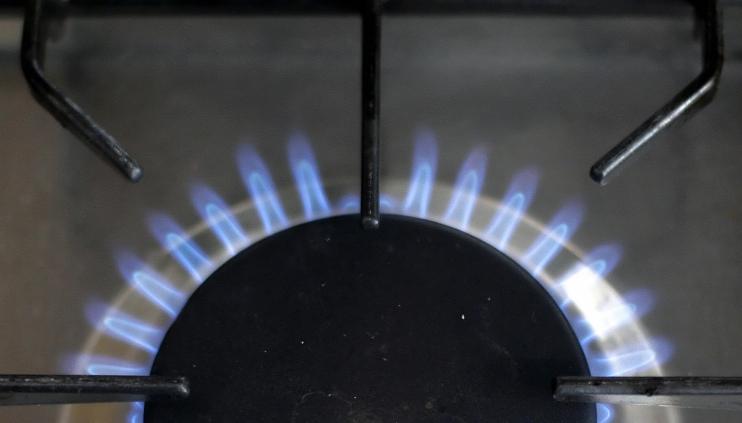Ofgem to slash energy price cap by £84 for 15m households in October

The energy price cap is set to fall to its lowest level so far due to coronavirus, saving around 15m customers £84 on their bills.
Energy regulator Ofgem will lower the price cap between October and March from £1,126 to £1,042.
The price cap determines the highest companies can charge for the gas and electricity they provide.
Around 15m households are set to benefit from the lower price, while prepayment meter customers can save up to £95.
Ofgem, which has recommended the price cap remain in place in 2021, opted to lower it after the cost of fuel sank during the pandemic.
Ofgem has recommended the price cap remain in place in 2021
The regulator said around 11m households on default tariffs and 4m on prepayment meters – around half the population – will see significant savings this winter as a result.
Jonathan Brearley, chief executive of Ofgem, said: “Millions of households, many of whom face financial hardship due to the Covid-19 crisis, will see big savings on their energy bills this winter when the level of the cap is reduced.
“They can also reduce their energy bills further by shopping around for a better deal. Ofgem will continue to protect consumers in the difficult months ahead as we work with industry and government to build a greener, fairer energy market.”
The energy price cap reduction means it is the lowest it has been since its introduction in January 2019.
Energy price cap still more expensive than switching
“Wholesale energy prices plunged earlier this year following Covid-19 lockdown measures, and this passes some of that reduction onto the energy bills of millions of households,” Uswitch’s head of regulation, Richard Neudegg, said.
However, he added the new price cap level is still £232 more expensive than the cheapest available deal, so households would benefit from switching from a default tariff.
“With Ofgem already saying that the cap may need to rise in April if wholesale trends continue, locking in a 12-month fixed deal is looking like an even smarter choice for consumers,” he added.
And Peter Earl, head of energy at Comparethemarket.com, added that the price cap “is not a good deal, it’s a maximum price limit”.
“The customer could stand to save, on average, £217 more if they switched to one of the best priced deals on the market,” he said.
“The pandemic crisis has seen a rise in energy costs for households spending more time at home, paying £32 per month more on average. Customers on a standard variable tariff will have paid even more. We urge people to avoid being lulled into inertia as a result of this news, but rather shop around to see what savings they can make.”